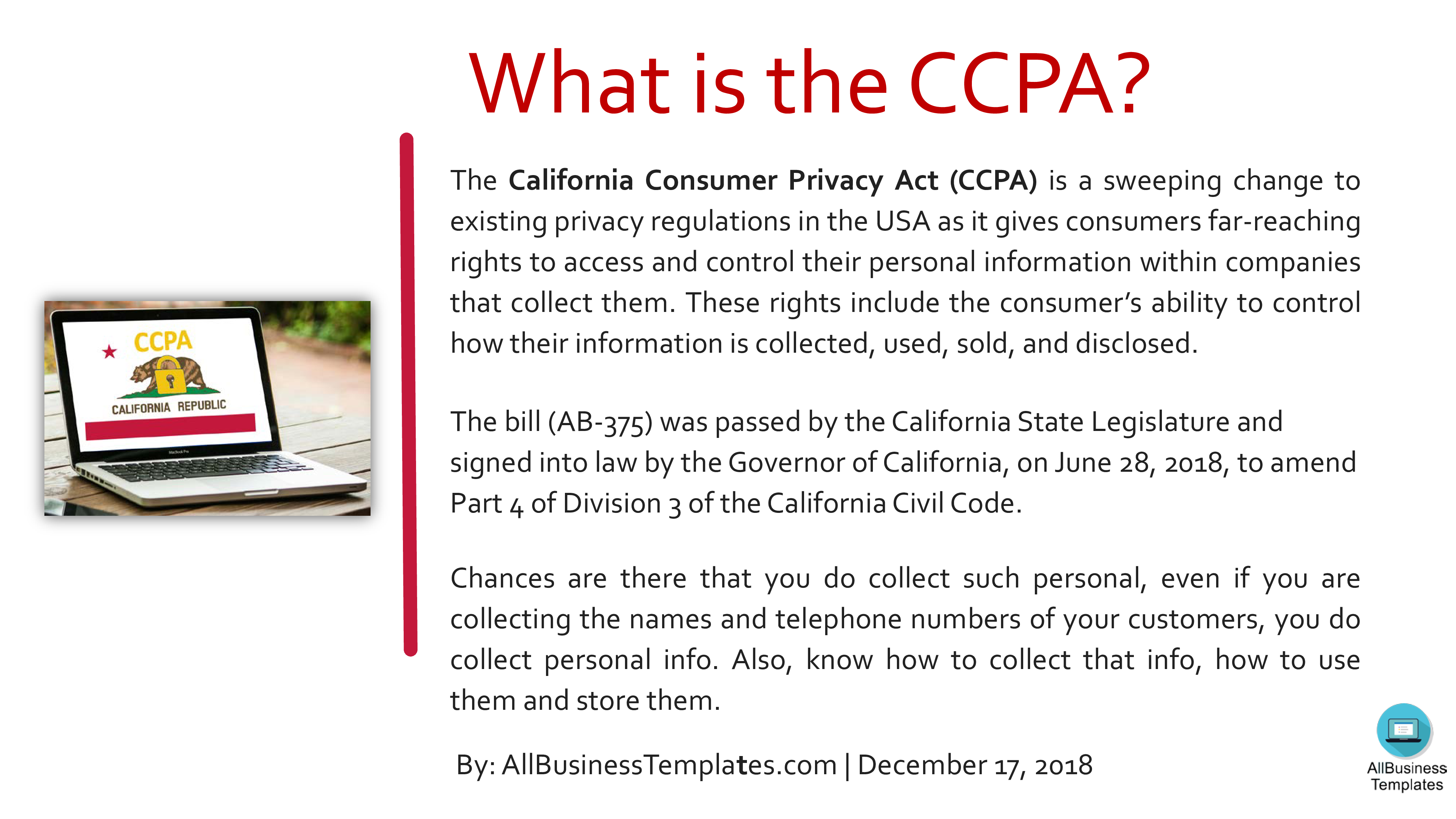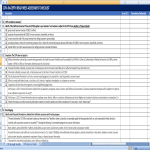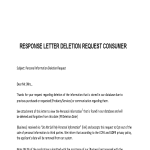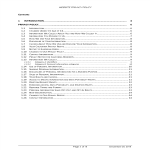CCPA Introduction Presentation

Opslaan, invullen, afdrukken, klaar!
Are you ready for the CCPA? Are you looking for an easy to understand powerpoint presentation. Download this CCPA Introduction PPT now!
Beschikbare bestandsformaten:
.pdf- Gevalideerd door een professional
- 100% aanpasbaar
- Taal: English
- Digitale download (1182.42 kB)
- Na betaling ontvangt u direct de download link
- We raden aan dit bestand op uw computer te downloaden.
Wettelijk CCPA-vereisten
Are you ready for the CCPA? Are you looking for an easy to understand powerpoint presentation that highlights all the important changes for those who are dealing with personal data? Check out this CCPA Introduction presentation directly.
The California Consumer Privacy Act (CCPA) is a sweeping change to existing privacy regulations in the USA as it gives consumers far-reaching rights to access and controls their personal information within companies that collect them. These rights include the consumer’s ability to control how their information is collected, used, sold, and disclosed.
The bill (AB-375) was passed by the California State Legislature and signed into law by the Governor of California, on June 28, 2018, to amend Part 4 of Division 3 of the California Civil Code.
Chances are there that you do collect such personal, even if you are collecting the names and telephone numbers of your customers, you do collect personal info. Also, know how to collect that info, how to use them and store them.
The intention of the California Consumer Privacy Act (CCPA) is an important change in data privacy regulations in the USA, as it aims to give Californian consumers broad rights to access and control their personal information. The bill (AB-375) was passed by the California State Legislature and signed into law by the Governor of California, on June 28, 2018, to amend Part 4 of Division 3 of the California Civil Code.
The CCPA applies to any business, including any for-profit entity that collects consumers' personal data, which does business in California, and satisfies at least one of these thresholds:
- annual gross revenues in excess of $25 million;
- possesses the personal information of 50,000 or more consumers, households, or devices; or
- earns more than half of its annual revenue from selling consumers' personal data;
- organizations are required to "implement and maintain reasonable security procedures and practices" in protecting consumer info.
Definition Personal Information according to the CCPA:
Any information that identifies, relates to, describes, is capable of being associated with, or could reasonably be linked, directly or indirectly, with a particular consumer or household. Unique Examples: the real name, alias, postal address, unique personal identifier, online identifier, internet protocol (IP) address, email address, account name, social security number, driver's license number, passport number, search history, biometric data, geo-location or other similar identifiers.
The intentions of the Act are to provide California residents with the right to:
- access their personal info;
- prevent the sale of personal info;
- know what personal info is being collected about them;
- know whether their personal info is sold or disclosed and to whom;
- request an organization to delete any personal data about a consumer collected from that consumer;
- not be discriminated against for exercising their privacy rights.
Enforcement date: January 1, 2020, at which time those businesses in non-compliance may face civil fines between $2,500 and $7,500. Californian residents have the private right of action for data breaches, in case of failure is proven, there can be statutory damages between $100 and $750.
We're here to help you become compliant. The CCPA comes with a set of Rules and Regulations for the protection of personal data inside and outside the state of California and affects all businesses that save personal data from California residents.
We provide example CCPA document templates and also a complete set of CCPA templates in order to help you to comply with the new amendment of the California Civil Code. These CCPA document templates are provided in Microsoft Office formats, and easy to customize to your organization’s specific needs. Often completed example documents are also provided in order to help you with your implementation in order to save precious time.
Download this CCPA Introduction Presentation now or check out our fit-for-purpose CCPA Compliance Toolkit here or a free CCPA Compliance Roadmap! The document(s) will be available to download immediately after purchase.
DISCLAIMER
Hoewel all content met de grootste zorg is gecreërd, kan niets op deze pagina direct worden aangenomen als juridisch advies, noch is er een advocaat-client relatie van toepassing.
Laat een antwoord achter. Als u nog vragen of opmerkingen hebt, kunt u deze hieronder plaatsen.



